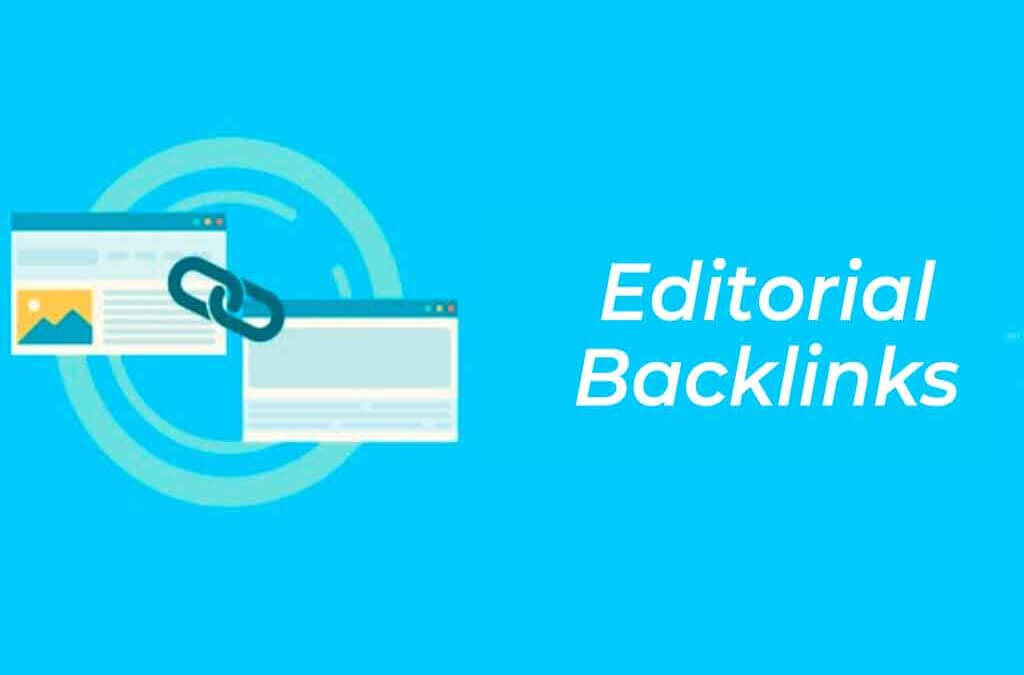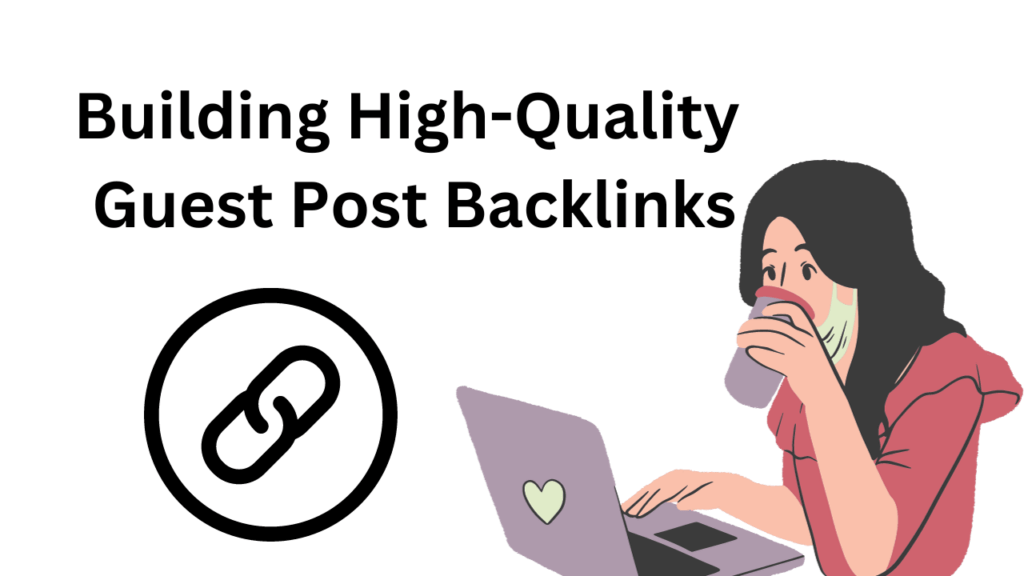What Are Editorial Backlinks? A Simple Guide
In the ever-evolving world of Search Engine Optimization (SEO), backlinks play a crucial role in determining a website’s authority and ranking. Among various types of backlinks, editorial backlinks are considered the most valuable. But what are editorial backlinks, and why do they matter? This article provides a comprehensive guide to understanding editorial backlinks, their significance, and strategies to earn them naturally.
What Are Editorial Backlinks?
Editorial backlinks are natural links that a website earns when other sites link to its content voluntarily. These links are typically embedded within high-quality, relevant content rather than being paid for or acquired through link exchanges. Unlike spammy or artificial backlinks, editorial backlinks come from authoritative sources and indicate trustworthiness, expertise, and relevance.
Why Are Editorial Backlinks Important for SEO?
Editorial backlinks are one of the strongest ranking signals for search engines like Google. Here’s why they matter:
Boost Website Authority – Backlinks from reputable sites enhance your domain authority and credibility.
Improve Search Rankings – Google prioritizes high-quality backlinks when determining rankings.
Increase Organic Traffic – A well-placed backlink can drive significant referral traffic.
Enhance Trust and Credibility – Being cited by trusted sources signals reliability to search engines and users.
Encourage Natural Link Building – A strong editorial backlink profile can lead to further organic links.
How Do Editorial Backlinks Work?
Editorial backlinks are earned when content creators, bloggers, or journalists find your content valuable, informative, and relevant enough to reference in their own work. These backlinks usually come in different forms, including:
Citations in Articles – Mentioned as a reference in authoritative blog posts or news pieces.
Guest Contributions – Featured within a guest article on a well-known website.
Data and Research References – Cited when your research or statistics provide value.
Expert Quotes and Interviews – Linked to when your expertise is recognized in industry discussions.
How to Get Editorial Backlinks
Earning editorial backlinks requires a strategic approach. Below are proven ways to increase your chances of acquiring them:
1. Create High-Quality Content
Publish in-depth, well-researched, and valuable content.
Use data, case studies, and expert insights to make your content more credible.
Focus on evergreen topics that continue to provide value over time.
2. Conduct Original Research and Surveys
Websites often link to exclusive data and insights.
Publish reports, whitepapers, or case studies to attract backlinks.
3. Leverage Guest Blogging
Write high-quality guest posts for authoritative sites in your industry.
Include relevant, natural links back to your content.
4. Build Relationships with Influencers and Journalists
Engage with industry experts and influencers through social media and networking events.
Offer expert quotes or insights they may want to reference in their content.
5. Optimize for HARO (Help A Reporter Out)
Respond to journalist queries with valuable insights.
Secure backlinks from high-authority news sites.
6. Publish Ultimate Guides and How-To Articles
Create comprehensive, well-structured guides that serve as a go-to resource.
Bloggers and publishers often link to ultimate guides for reference.
7. Engage in Thought Leadership
Share expert opinions, predictions, and commentary on industry trends.
Host webinars, podcasts, and public discussions to boost credibility.
Editorial Backlinks Examples
To better understand how editorial backlinks function, let’s look at a few examples:
A Forbes article referencing a research study – If Forbes writes about digital marketing trends and links to your survey on social media usage, that’s an editorial backlink.
A tech blog linking to your software review – If a prominent blog discusses the best SEO tools and naturally includes your software’s review, it’s a high-value link.
A health website quoting your medical research – If a healthcare publication cites your study on fitness and nutrition, it strengthens your domain’s credibility.
Common Mistakes to Avoid When Trying to Get Editorial Backlinks
Over-Optimizing Anchor Texts – Keep the linking text natural and relevant.
Creating Low-Quality Content – Websites only link to high-value, credible sources.
Using Link Schemes or Buying Backlinks – Google penalizes manipulative link-building strategies.
Neglecting Outreach – Passive strategies alone may not be enough; actively promote your content to relevant audiences.
Final Thoughts
Editorial backlinks are a game-changer for SEO, providing unmatched authority, visibility, and trustworthiness. Unlike other link-building methods, editorial backlinks are earned naturally through high-quality content, industry expertise, and strategic networking. By focusing on value-driven content, relationship building, and smart outreach, you can enhance your website’s backlink profile and achieve long-term SEO success.


